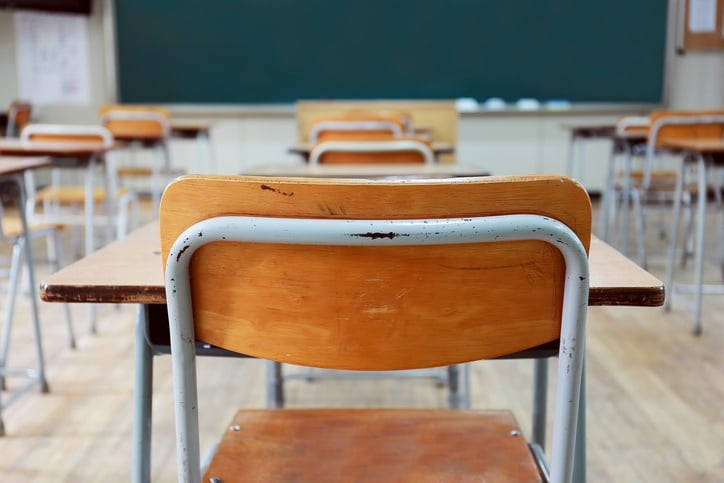
Are South African teachers trained well enough so that they can teach effectively? Do they have enough support to plan how they will teach the school curriculum successfully?
Can our teachers successfully teach pupils who are in different grades, such as Grade R and 1, at the same time in one classroom? Are they also able to teach pupils whose mother tongue is different from the official language used to teach at school? Similarly, can they teach those second-language pupils with first-language pupils at the same time in one classroom?
The digital era, where knowledge and communication are based on the use of technology, promises to change the way teaching and learning happens at school. Under these conditions, what is the role of hardcopy textbooks in the 21st century?
Do we know the costs and benefits involved in publishing textbooks by government compared with business and industry?
Do we know what pushes up the costs of building new schools? What will the schools of the future look like? Are there new and advanced ways that government can consider to ensure school buildings, school libraries, school toilets, running water, electricity, access to the internet and boundary fencing around the school are funded at reasonable costs?
What do these developments mean when it comes to the preparation of well-considered plans and budgets for the education sector?
These are some of the questions education policy decision-makers are grappling with as they plan ahead for the education sector. Now they want the research community to bring evidence on what should be done to address these issues.
This was revealed at a recent research indaba organised by the basic education department. The indaba discussed the most important issues researchers should ideally investigate to 2023.
This research agenda is critical and groundbreaking for the education sector as it will support and inform planning, budgeting and the development of progressive education policies.
Building on the digital era, where knowledge and communication are based on the use of technology, it is expected that the fourth industrial revolution will further embed such technologies in the fabric of societies and communities across the world. Looking into this future and this new reality, policy decision-makers are keen to have evidence at hand on how best to put in place the development and support of teachers, and how to provide improved materials that support learning and teaching, as well as building and maintaining schools that motivate pupils to learn and teachers to teach.
Most importantly, decision-makers want to ensure the plans that will yield results are in place, that budgeted funds are enough to meet the demands of the sector and these are managed responsibly.
The professional development of teachers and support given to them is an area of main concern because schoolteachers should have the means to teach the set curriculum effectively and achieve the anticipated results. This is at the heart of a quality education system. Monitoring and evaluation of performance in this area has shown that there are weaknesses in the system and performance now falls below the expected results.
Similarly, e-education is a policy of government which focuses on ensuring that every school has access to the use of computer technologies and access to the internet.
In support of this policy, during this year’s state of the nation address, President Cyril Ramaphosa introduced a plan about giving tablets to schoolchildren.
The purpose is to support better teaching and learning in our schools, as well as fast-tracking digital literacy.
Research on how best to roll out tablets across our public schools is needed. This is because making this idea a reality requires civil society, government and business working together. This includes various stakeholders, such as government planners, those who will put up the funds, educators, including school curriculums and subject advisers, those who write schoolbooks, the publishers of schoolbooks, those who will source the tablets for the school system, information and communication technology service providers – and the co-operation of school governing bodies, pupils and parents.
The quality and condition of school facilities are important since modern schools of the future should give pupils dignity and support conducive teaching and learning. Unsuitable school buildings such as mud structures should be a thing of the past.
The research community should step up to the plate and actively find practical answers to some of these research questions. This is important in the interest of sharing best practices, moving our basic education forward and securing quality education for our children. Let us all lead from the front and support quality teaching and learning towards an inclusive society and a prosperous and democratic South Africa.
Nombeko Mbava is a lecturer in policy evaluation at the University of Cape Town




 Publications
Publications
 Partners
Partners









